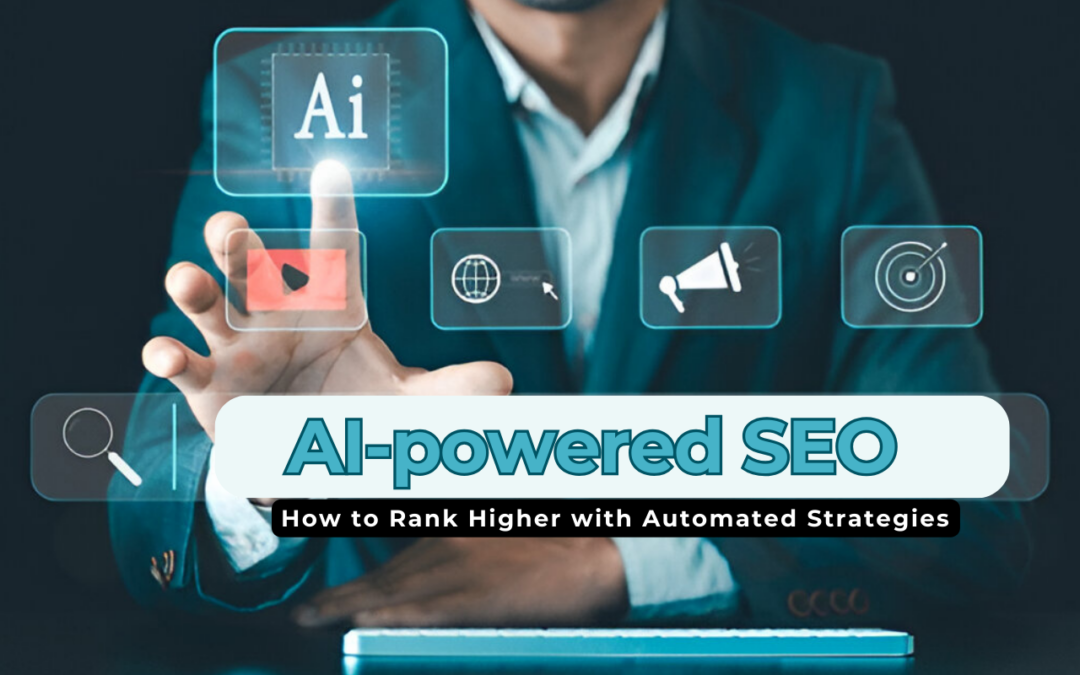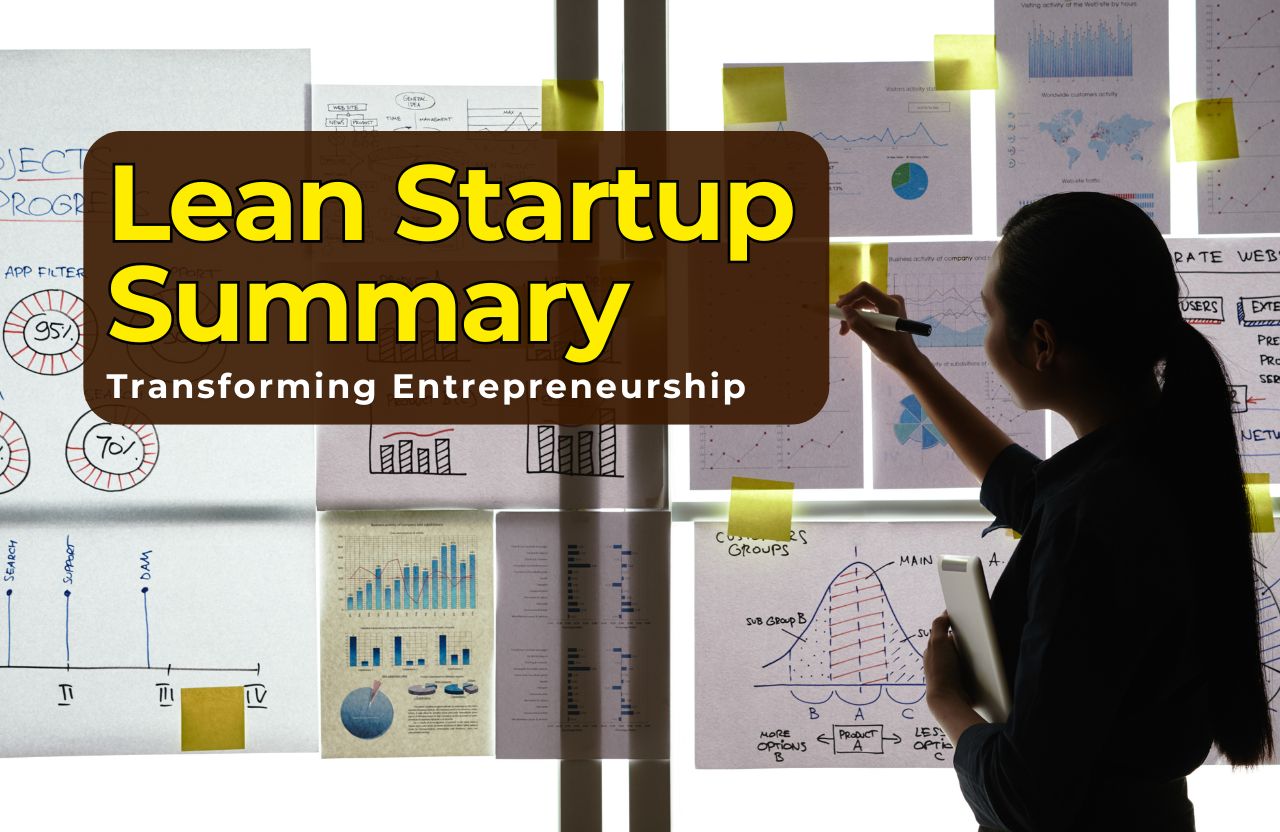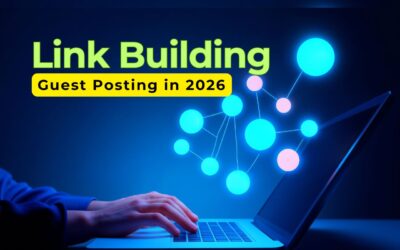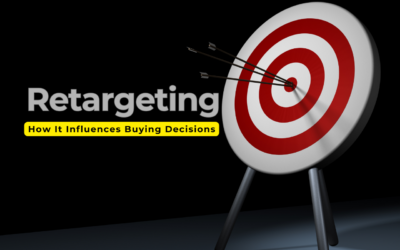In today’s digital landscape, search engine optimization (SEO) has become an essential part of online success. However, with constant algorithm updates and increasing competition, keeping up with SEO best practices can be challenging. This is where AI-powered SEO steps in, offering automated strategies to help businesses rank higher with less manual effort.
Understanding AI in SEO
AI-powered SEO leverages machine learning, natural language processing, and data analytics to automate and optimize SEO tasks. AI tools analyze vast amounts of data, predict trends, and provide actionable insights to enhance a website’s visibility on search engines.
Key Benefits of AI-Powered SEO
- Automated Keyword Research: AI tools like SurferSEO, Clearscope, and SEMrush help identify high-ranking keywords and search intent by analyzing real-time data.
- Content Optimization: AI-driven platforms like Jasper and MarketMuse suggest improvements in readability, keyword placement, and relevance for higher rankings.
- Technical SEO Audits: AI-based tools such as Screaming Frog and Sitebulb identify technical issues like broken links, slow loading times, and mobile usability problems.
- Automated Link Building: AI-driven outreach tools analyze backlink opportunities and suggest high-authority domains for link-building strategies.
- User Experience Optimization: AI tools assess user behavior metrics, such as bounce rates and time on page, to enhance site structure and content layout.
AI-Powered Strategies to Rank Higher
1. Automated Content Generation
AI-generated content is revolutionizing the SEO game. Tools like OpenAI’s GPT-4 and Jasper create high-quality, SEO-friendly articles that align with search intent. By integrating AI-generated content with human creativity, businesses can maintain authenticity while scaling content production.
2. AI-Based Keyword Clustering
Instead of manually researching keywords, AI tools cluster related terms to create topic-based content strategies. This ensures comprehensive coverage of a subject, improving topical authority and search rankings.
3. Predictive SEO Analytics
AI-driven analytics platforms forecast search trends, enabling businesses to create content ahead of demand. Predictive analytics help identify emerging keywords and optimize content for future search intent.
4. Voice Search Optimization
AI-powered SEO tools analyze conversational queries and suggest content optimizations for voice search. With the rise of smart assistants like Alexa and Google Assistant, optimizing for natural language queries is essential.
5. Automated Meta Tag Optimization
AI tools analyze competitor metadata and automatically generate optimized title tags, meta descriptions, and headers that improve click-through rates (CTR).
6. AI-Powered Image and Video SEO
Search engines are increasingly prioritizing multimedia content. AI tools can generate automatic captions, alt text, and transcriptions, making images and videos more search-friendly.
The Future of AI in SEO
As AI continues to evolve, we can expect even more sophisticated SEO automation, including:
- AI-generated website structures tailored for SEO performance.
- Smarter chatbot-driven user engagement for improved dwell time.
- Hyper-personalized search experiences based on AI-driven intent analysis.
Final Thoughts
AI-powered SEO is transforming how businesses optimize for search engines, making ranking higher more efficient and data-driven. By leveraging AI-driven automation, businesses can stay ahead in an ever-evolving digital landscape while minimizing manual SEO efforts.
Are you ready to harness AI for your SEO strategy? Start integrating these AI-powered strategies today and watch your search rankings soar!













